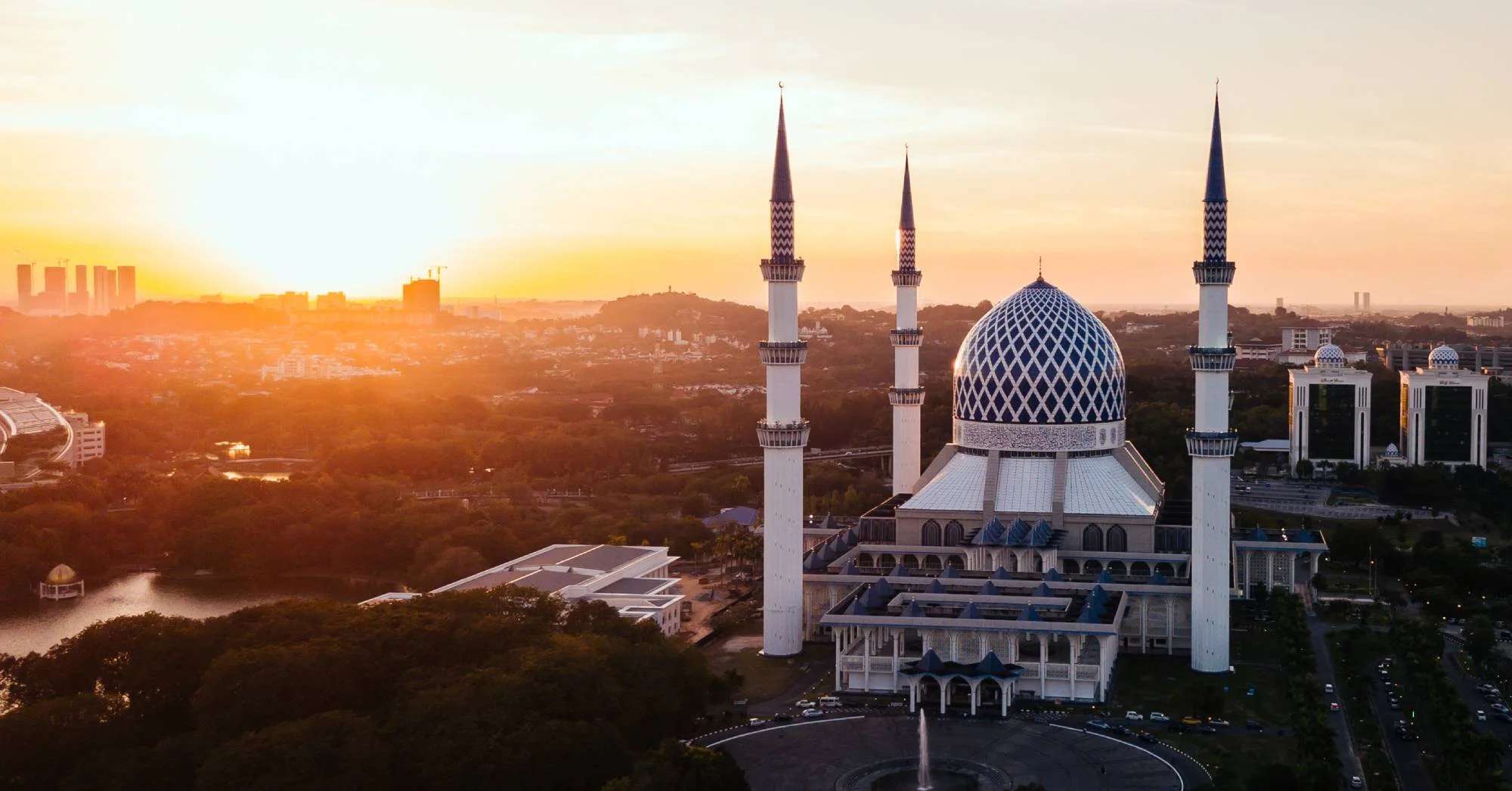'Zulhijjah' also known as the Islamic new year where the first 10 days sparkle with boundless blessings and delightful chances to connect with our Creator, Allah (SWT). As the Islamic year unfolds, these special days hold the key to redemption and immense rewards for Muslims. It's a heartening reminder that even amidst the challenges, we can still make the most of this sacred period by showering our days with acts of kindness and seeking forgiveness for our missteps. So let us share with you the virtues and benefits of the first 10 days of Zulhijjah and how to make the most of your Zulhijjah!
Follow us on Telegram for the latest updates: https://bit.ly/3LnFN1F
1. Set your intentions
The first 10 days of Zulhijjah are the most sacred. Allah (SWT) makes an oath of the importance of those days in Quran where he mentions:
وَٱلْفَجْرِ. وَلَيَالٍ عَشْرٍ
“By the dawn. And (by) ten nights.”
(Surah Al-Fajr, 89:1–2)
When Allah (SWT) makes an oath upon something, it requires our attention and understanding of it's importance. The first 10 days of Zulhijjah elude to more reflection and signify the start of a new year of remembering Allah (SWT) and his blessings.
2. Fast for the first 9 days if you can
Fasting during the magical days of Zulhijjah is a truly blessed act. These 10 days are like a spiritual cleanse where we can shed our sins by seeking repentance and gaining the cherished forgiveness of Allah (SWT). Guess what? Allah (SWT) holds a special place for those who fast during this period, especially on the ninth day, known as the day of Arafat. It's like hitting the reset button for the past and upcoming year, as fasting on this day expiates our wrongdoings. So, fasting is a sunnah that is highly encouraged during this time!
3. Find more opportunities to make dhikr
Even the smallest actions can earn you great rewards, and one small action you can work into your daily routine is to do more dhikr. Particularly in saying the Tahlil (La Ilaha Illalah), Takbir (Allahu Akbar), Tahmid (Alhamdullilah)
Here are some dua you can refer to during this period:
Credit: Telegram
4. Give more to charity
Islam teaches us that there is a great reward in helping others and that we should share what we have with the underprivileged. It is said that acts of sadaqah performed during the first 10 days of the month will be as if you had performed sadaqah to all of Allah's Prophets (PBUH) and Messengers (PBUH)! Don't just donate money, but time and effort as well in order to give thanks for what Allah (SWT) has blessed you with.
5. Fast and do supplications on the Day of Arafah
The 9th day of Zulhijjah is the Day of Arafah, and is said that fasting on this day expiates all of the sins of the preceding and current years! A supplication the Prophet (pbuh) made during the Day of Arafah was such:
"Laa ilaaha illaa Allah, Wahdahu laa Sharika Lahu, Lahulmulku walahul-Hamd, wahuwa 'ala kulli shay'in Qadir"
There is no god but Allah, He is One, without partner, to Him belongs the all that exist and all praises, and He is powerful over all things."
Even if you're not able to pray on the Day of Arafah, you can recite this supplication to maximise the rewards you gain.
6. Seek forgiveness from Allah (SWT) and those around you
The entire month of Zulhijjah is when you should repent and seek forgiveness and mercy from Allah (swt), including the Day of Arafah in particular. In seeking repentance, look at your actions and make a sincere effort to stop the deeds you know are disliked by Allah (SWT). Make an intention to change your behaviour for the better, and to do more of the deeds that are beloved by Him instead.
7. Make qurban if you can
Performing the qurban is one way to give charity to the underprivileged. Though qurban rituals this year are a little different due to health and safety precautions, the spirit of giving endures.
In fact, if you plan to perform qurban, one thing you shouldn't do is to cut your hair or nails before the qurban is performed! It is sunnah to keep them from the first day of Zulhijjah until Eid al-Adha - similar to how pilgrims performing the Hajj cannot do these while in a state of ihram.
Zulhijjah is a month full of blessings for Muslims around the world, and as we celebrate our Eid-Al-Adha this year with circumstances quite out of the ordinary, it's a great opportunity to learn and reflect on its meaning and virtues. May you have a fulfilling month ahead, ameen!


